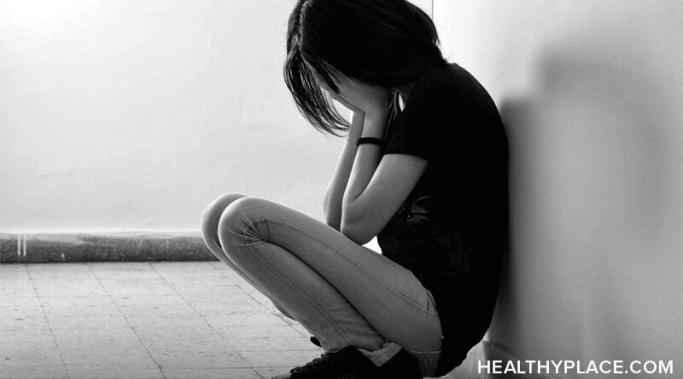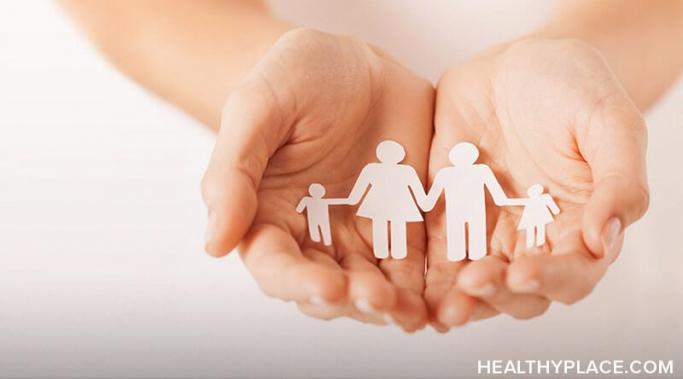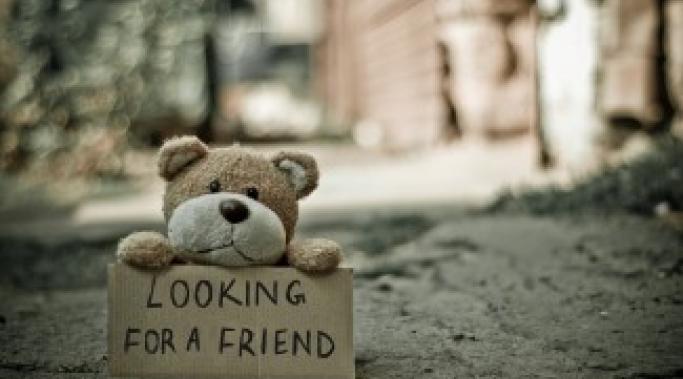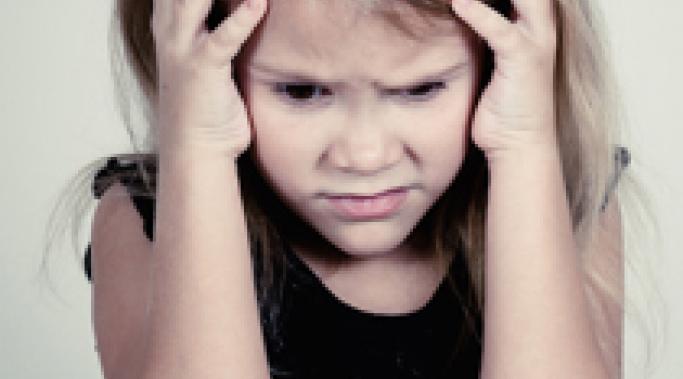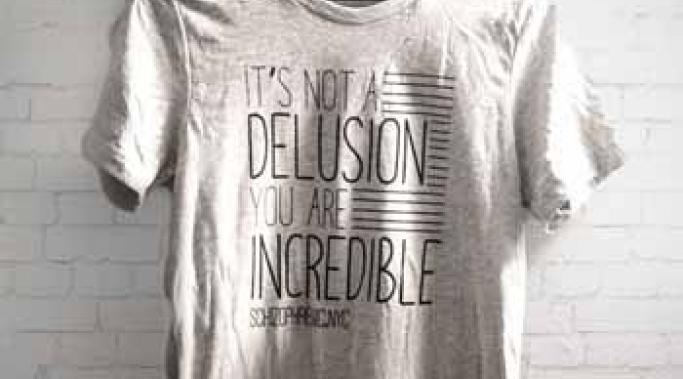By the time my narcissist boyfriend hit me, we were more than a year into our relationship. Though he had yelled at me plenty, I had no clue until the moment his hand crashed into my face that physical violence was in his repertoire. Nor did I know he was a narcissist and already priming another woman to replace me. I did know, having been tipped off by his daughter, that he had kept secret from me an addiction to meth. I should have left upon this discovery, but I was far too enmeshed to escape. Besides, my narcissist boyfriend promised to change and I thought forgiving him was the high road.
Mental Illness at Work
As a job seeker with a mental illness, it can seem daunting and slightly worrying when it comes to writing a resume. So many thoughts can fly through your mind such as, “Will they mind that I have a mental illness?”, “Does it affect my chances of getting the position?”, or “Will they think of me as less-abled when it comes to the task at hand?”
Obsessive-compulsive disorder (OCD) plagued me from the age of six. And, in fact, plagues me until I discovered meditation. While many like to joke about having OCD, my diagnosis was one I tried to hide, feeling ashamed of it as I grew up. Doctors tried to figure out how a child could be such a perfectionist and obsessive clean freak, but I lived with this reality knowing nothing different. As far as I knew, the way my brain worked was normal; productivity should have been everyone's top concern (as far as I was concerned). Meditation saved me from OCD thoughts.
I have learned that helping a spouse with schizoaffective disorder is not trivial. I have been married for almost eight years now to a woman named Hannah, we have a beautiful four-year-old daughter and I always thought that our life was perfect. However, two years ago, Hanna was diagnosed with anxiety and schizoaffective disorder, and everything changed. It is really hard to live with a person, who is dealing with such problems and I see how they affect our daily lives and our daughter. We no longer have that spark, tenderness and trust. Very often, we simply don’t have topics to discuss as my spouse with schizoaffective disorder can remain silent for days or disappear for hours.
If you are new to bulimia recovery, mistakes will happen. You might already feel overwhelmed, thinking, “Where the heck do I start, and can I even make it there?” Learning from someone else’s mistakes in bulimia recovery is sometimes the best thing you can do to avoid making the same mistakes. In this post, I want to share with you my three learned-in-recovery lessons so you can avoid the mistakes I’ve made in bulimia recovery and cut the “recovery curve.”
Prescription pain medication addiction can happen more quickly than you can imagine. Here is my story of being addicted to pain medication.
Relationships with schizophrenia are complicated. When I was diagnosed with schizophrenia, a lot of things suddenly made sense and a lot of things were instantly out of place. For instance, my relationship with friends and family got complicated. As first, I didn't know if I should tell them. I was afraid of how they might react. The same was true for meeting new people. When do I tell them? Should I tell them? What if I scare them away? The word "schizophrenia" carries a stigma after all. Stacked on top of this was the fact that I have always been more of an introvert by nature. Being told I was schizophrenic didn't help. Instead, it became a justification for me to withdraw and refrain from being social. My relationships have been altered by my schizophrenia.
Supporting someone who suffers from bipolar disorder can be a difficult and challenging experience. Having lived with two people who suffer from some form of bipolar disorder, I’m only now starting to figure out how to help people with bipolar disorder. It’s taken years for me to understand how their ailment affects their way of thinking and how best to help them when they have emotionally intense episodes.
How to help your child with obsessive-compulsive disorder (OCD) is not in any parenting manual. Helping your child with OCD is almost impossible when you don’t know about it yourself.
We’re celebrating the inaugural video of our first HealthyPlace YouTube vlogger, Hannah Blum, with a fun giveaway. Hannah has bipolar 2 disorder and she’ll be sharing not only her story but, in the weeks to come, she’ll be talking about many different aspects of living with a mental illness. Her first official video post is this coming Monday morning. You’ll definitely want to check that out.
